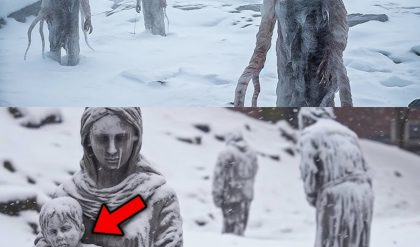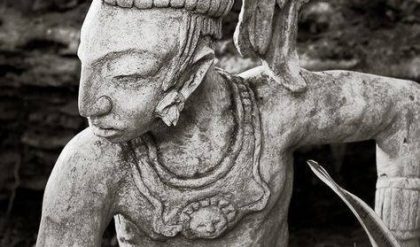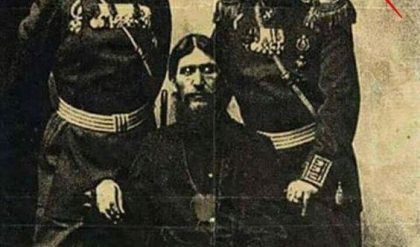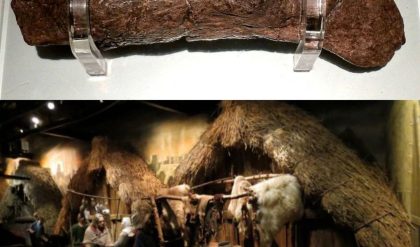When The Great Wall, starring Matt Damon, hit theaters, it wasn’t just another historical action film—it brought a unique fusion of East and West, showcasing a legendary structure as the battleground for humanity’s survival. Directed by the acclaimed Zhang Yimou, the movie combined Chinese folklore with a Hollywood blockbuster vibe, centering around one of the most iconic landmarks in the world.

In The Great Wall, Matt Damon plays William Garin, a European mercenary who finds himself swept up in a centuries-old conflict as the Wall’s defenders prepare to face a monstrous threat—hordes of mythical creatures called the Taotie. While the real Great Wall was built to defend against human invaders, this fantasy twist pits Garin and his fellow soldiers against a far more terrifying and otherworldly force.
At the heart of the film lies the theme of making a stand for humanity. Garin, initially driven by greed and self-interest, undergoes a transformation throughout the movie. He finds himself not only fighting for survival but also for a cause greater than himself—the preservation of human civilization. This journey from self-serving mercenary to reluctant hero reflects one of the film’s core messages: that the willingness to fight for the greater good is what defines true heroism.
One of the film’s more powerful undertones is the blending of cultures. The Great Wall brings together characters from vastly different backgrounds, highlighting the value of cooperation in the face of a common enemy. William Garin and his fellow mercenary, Pero Tovar (played by Pedro Pascal), must learn to trust and fight alongside the elite Chinese soldiers of the Nameless Order. The film’s narrative pushes the idea that unity and collaboration are essential for overcoming the greatest of challenges, whether they are mythical beasts or real-world threats.
Visually, The Great Wall is a spectacle, with stunning battle scenes and breathtaking cinematography. The action sequences on the Wall showcase an impressive array of military tactics, inventive weaponry, and brave warriors risking their lives to protect their world. Yet, amidst the chaos and grand scale of the battle, the film never loses sight of its human element. Damon’s character represents a flawed individual who, despite his personal weaknesses, rises to the occasion when humanity needs him the most.

The movie also dives into themes of sacrifice and loyalty. The soldiers of the Nameless Order have devoted their lives to defending the Wall and all that lies beyond it. They embody the idea that some battles are worth fighting, even if the odds seem insurmountable. Garin’s evolution mirrors this, as he learns that some causes are worth more than fortune or personal gain.
Though the film received mixed reviews, it successfully captured the epic scale of defending a civilization from annihilation, with Matt Damon delivering a performance that emphasizes the importance of personal transformation and courage in the face of overwhelming adversity. The Great Wall stands as a tale of sacrifice, unity, and the enduring spirit of humanity when faced with monstrous challenges—both literal and metaphorical.
In the end, The Great Wall serves as more than just an action-packed fantasy film. It tells the story of unlikely heroes banding together to defend humanity, reminding viewers that in the grand scheme of things, our collective survival often depends on our ability to overcome differences, make sacrifices, and fight for the greater good.





